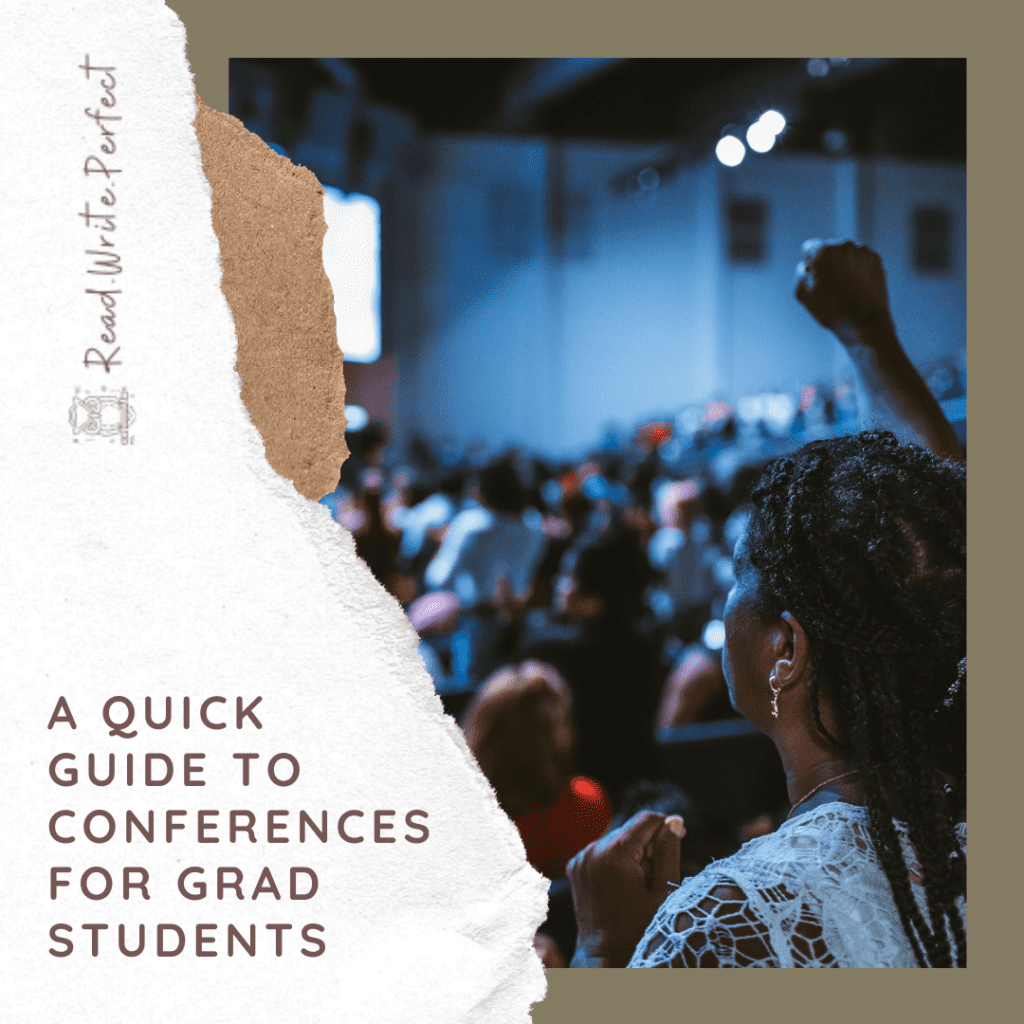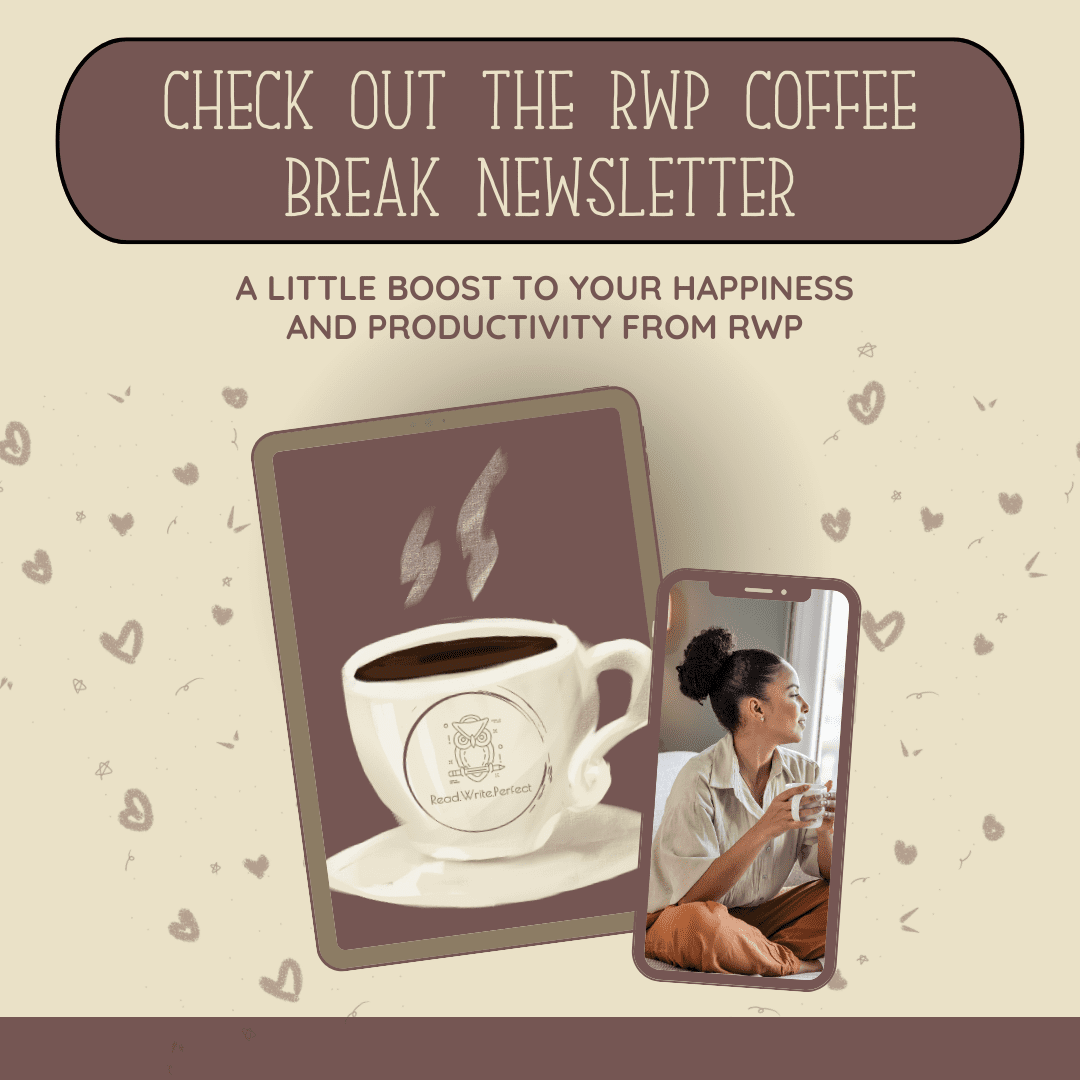
What value do they offer for your development as a researcher and your future career?
The answer is two-fold: conferences enable you to build your network and broaden your perspective.

Conferences are the perfect venue for sharing your research, but it’s the stuff that happens before and after your present that’s really important: The Q&A sessions, the chats over breakfast coffee, and the bonding over the book-sales table.
As well as presenters, conferences are great for meeting journal representatives, academic book publishers, and organizational leaders. Most offer registration discounts for grad students and junior faculty. Aim to present at least once a year, and try to stay for the whole conference if you can.

Because conference presentations are organized and prepared much faster than publications, they really do represent the cutting edge in your field.
By attending and engaging with conference presentations, you can get a feel for where you field is going and what new developments are underway. You’ll also get the chance to stretch your theoretical and collaborative muscles, and listening to other people’s ideas will certainly help you spark new ideas of your own.
Need help preparing for an academic conference? Find out how a dissertation coach can help by scheduling a free consultation with me!
